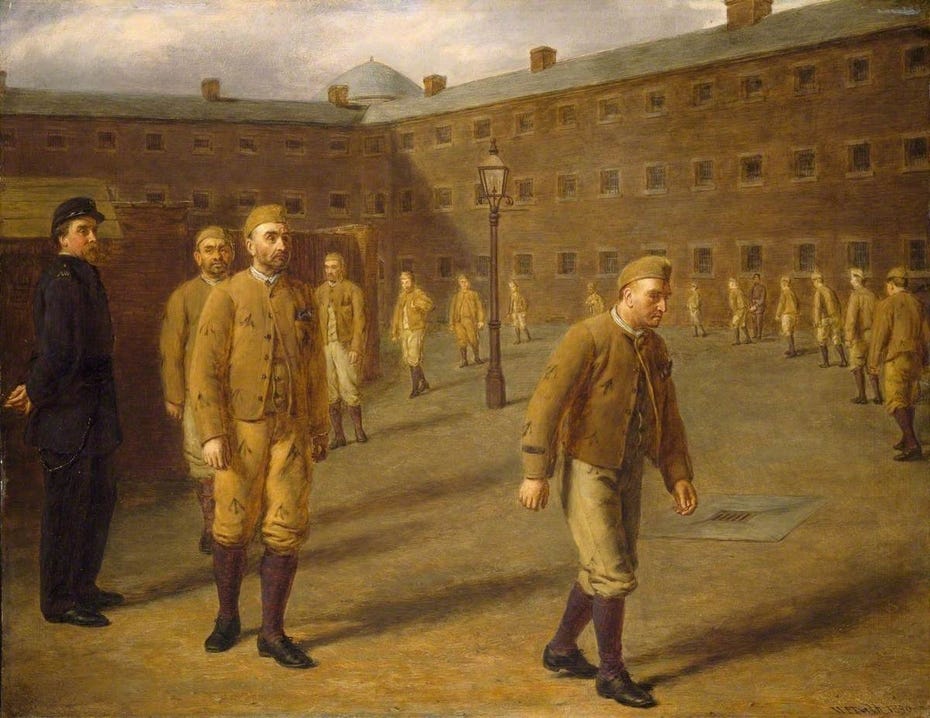Teachers posses precious little power to make their students learn. What they can do, however, is impose, and enforce, arbitrary rules. Thus, for example, while lacking the means to impart the (necessarily self-taught) art of finding and evaluating sources, they are free to forbid the citing of Wikipedia. Likewise, while they cannot teach the craft (necessarily born of practice) of writing well, they can penalize the children in their charge (whatever their ages might be) for failing to deploy commas, format footnotes, or place staples in accordance with their prejudices.
The imposition of these pet peeves, however senseless they may be, teaches students the art of conforming to local customs, to do, when in Rome, as the Romanians do. Likewise, it prepares them for such adult challenges as passing through the obstacle courses built by the Transportation Safety Administration or following a publisher’s style sheet. At the same time, the trivial tyranny of teachers fosters the growth of bad habits that, if permitted to flourish, turn students into toadies, pedants, and, once the cycle of incidental abuse has made a complete turn, tyrants in their own right.
Consider the (hypothetical) case of the autodidact who, for the love of learning and the joy of discovery, delves deeply into the literature about the Hittites. In the course of doing this, he encounters many theories about the origins of this fascinating folk, umpteen ways to spell Shuppiluliuma, and, should he devote much attention to the scholarly apparatus of such works, numerous molds for the casting of citations.1 If, however, the same person takes a course with, or what is worse, writes a thesis under the supervision of, a fully credentialed expert on the original gangsters of the Iron Age, he may well have to sacrifice this wealth of possibilities on the altar of professorial predilection, obtaining, in exchange for the loss of love and joy, little more than a quiver full of shibboleths.
For Further Reading:
My own favorite spelling of Šuppiluliuma makes use of a háček, which, in addition to being inherently boss, reminds all concerned of the roll played by Bedřich Hrozný in the decipherment of the Hittite language.







“... teaches students the art of conforming to local customs, to do, when in Rome, as the Romanians do... .” 🤣🤣🤣
🔥🏫